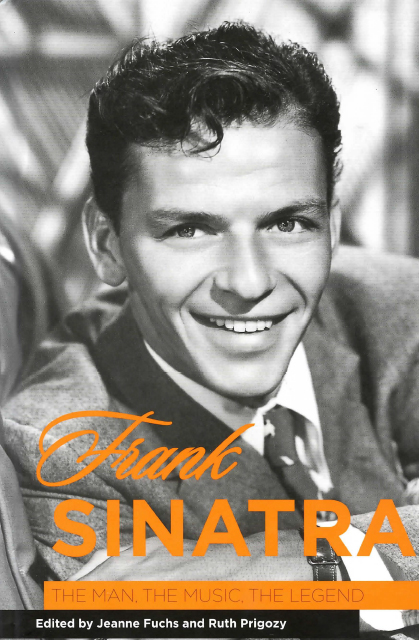7 - Singing in the Moment: Sinatra and the Culture of the Fifties
Published online by Cambridge University Press: 10 March 2023
Summary
In a wonderful autobiographical essay Barbara Grizzuti Harrison pays tribute to Frank Sinatra, J. D. Salinger, Albert Camus, and Marlon Brando as a group she calls the “Gods of the Fifties,” and reminisces about the spell these figures held over her and others her age in Bohemian New York.1 Her inclusion of Sinatra in the company of these ostensibly more serious artists suggests that hip young people at the time saw no significant gap between a ballad from Only the Lonely and an existentialist manifesto. In effect, Harrison constructs an alternative Rat Pack, one that may never have gathered at Jilly's to drink and schmooze until dawn, but that more accurately reflects the spirit and significance both of Sinatra's best work and of the fifties as a whole. In this essay, I’d like to offer a series of brief comparisons between Sinatra and various key figures and works of fifties culture in support of my view that he is one of the premier artists of that unjustly maligned decade, an artist whose work embodies the same essential themes and qualities that can be found in virtually all the best work of the period. In making these comparisons, my aim is not to reduce Sinatra's stature but to magnify it, by suggesting that he deserves to be assessed alongside his not only obvious peers, fellow singers and entertainers like Dean Martin and Bing Crosby, but among the very finest artists of the period in every major medium.
The 1950s was an extraordinary moment in American culture, richer perhaps in its totality than any other decade of this century besides the twenties. Such a claim runs counter to our received notion of the period as one of deadening gray-flannel- suited conformity and father-knows-best complacency. Critics and historians tend to locate real aesthetic renewal in the sixties, with the emergence of folk-rock, pop art, and other countercultural forms that present explicit social and political programs. Yet I would argue that precisely because the culture of the fifties for the most part avoids direct political speech, it more fully embodies the tensions and fears of its moment. Unlike much sixties art, the best art of the fifties is not didactic but dramatic.
- Type
- Chapter
- Information
- Frank SinatraThe Man, the Music, the Legend, pp. 55 - 62Publisher: Boydell & BrewerPrint publication year: 2007
- 2
- Cited by



